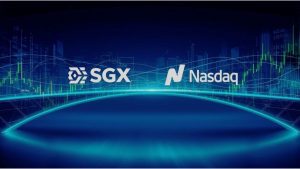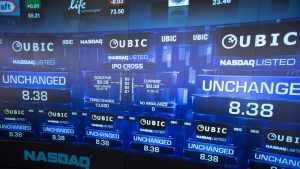Please note that the original article is in Japanese. The following is a summary of its content.
Mandatory Climate Disclosure for TSE Prime Market
A 2021 Nikkei article announced that companies listed on the Tokyo Stock Exchange’s (TSE) new Prime Market (launching April 2022) will effectively be required to disclose climate change risks based on the Task Force on Climate-related Financial Disclosures (TCFD) framework.
This reflects a growing investor focus on non-financial risks (climate, pandemics, geopolitics) and a shift from short-term profit to long-term value creation. Major institutional investors, such as BlackRock, have declared sustainability a core investment principle, increasing pressure on companies to disclose ESG (Environment, Social, Governance) risks and their corresponding management strategies.
The Move Toward Unified Global Standards
Stakeholder demand for ESG data has surged, but the landscape of standards (e.g., SASB, IIRC, GRI, CDP, CDSB) has been fragmented, causing confusion. In response, a significant consolidation movement is underway to create consistent, comparable, and unified global standards.
Key 2020-2021 developments include:
- The merger of SASB and IIRC to form the Value Reporting Foundation (VRF) (June 2021).
- The IFRS Foundation’s proposal to establish an international Sustainability Standards Board (SSB) (Oct 2020).
- IOSCO’s (International Organization of Securities Commissions) push for a global standard-setter (June 2021).
- The TCFD’s updated guidance (Oct 2021) requiring companies to disclose concrete action plans for GHG emission reduction, not just targets.
Domestic Trends in Japan
Japan is moving in parallel. The Ministry of Economy, Trade and Industry (METI) launched a “Non-Financial Information Disclosure Guideline Study Group” in June 2021, alongside other initiatives focused on human capital and intangible assets. This complements the aforementioned TCFD-based disclosure requirement for TSE Prime Market companies.
The Rise of Mandatory Third-Party Assurance
To ensure the reliability of ESG data, a global push is underway to require third-party assurance. While many companies currently obtain voluntary limited assurance, this is expected to become mandatory for global and listed companies.
The accounting profession is actively preparing for this shift, with major bodies like IFAC (International Federation of Accountants), AICPA (American Institute of CPAs), and the IAASB (International Auditing and Assurance Standards Board) all releasing guidance on ESG attestation and assurance standards in early 2021.
Expansion to Internal Controls (SOX for ESG)
The obligation to disclose and assure ESG data will inevitably extend to the underlying internal controls. This challenge is analogous to the implementation of the SOX (Sarbanes-Oxley) Act for financial reporting.
Most companies are likely unprepared for the significant effort required to build reliable processes, data collection systems, and IT infrastructure to ensure ESG data is accurate. This will necessitate a cross-functional, company-wide response, including new governance structures (e.g., ESG-savvy directors, dedicated ESG departments, and expanded internal audit functions).










